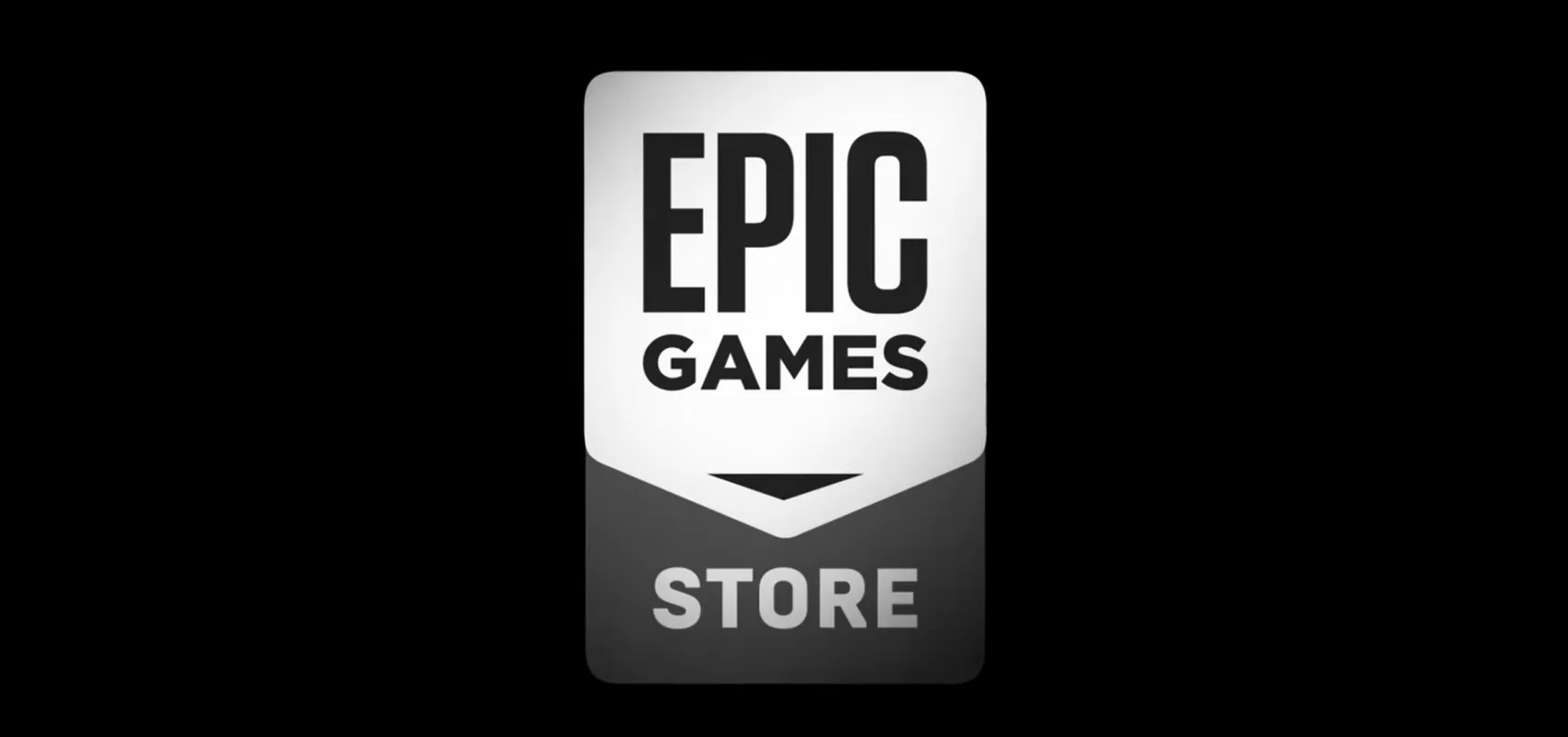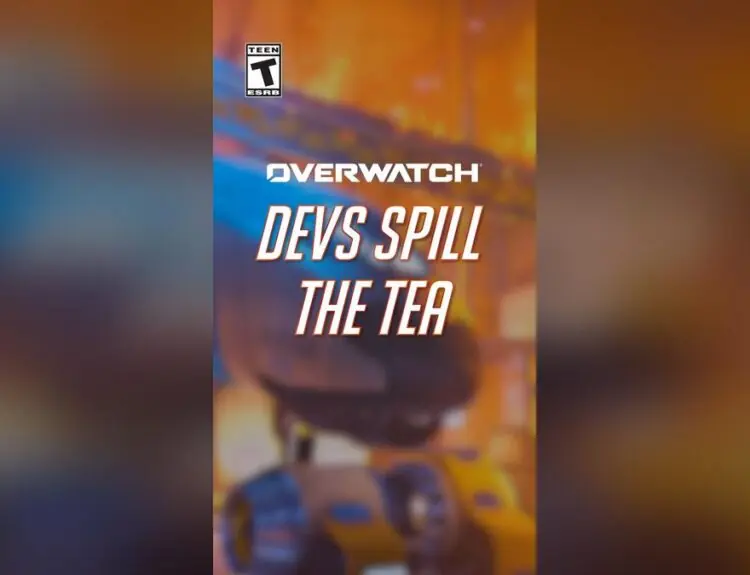Epic has made news for creating a digital platform that was more developer-friendly. Some gamers may only know the store for keeping some games exclusive for a year.
Epic continues to try and make both sides happy. Every week, Epic releases one or two free games to players. Often these are popular titles that gamers can download and enjoy through the launcher.
Epic recently announced a significant change for developers and publishers who offer in-game purchases. Previously, developers and publishers could only use Epic’s payment service. Now they are free to choose which payment platform they want to use.
Regarding the decision, Epic Games Co-founder and CEO, Tim Sweeney, stated: “We support developers’ right to choose among the best stores, in-app payment processors, online services, and engines, and to mix and match these components as they wish.”
Developers and publishers who choose to process payments elsewhere won’t have to share the revenue from those transactions. That money will stay with the game makers, which hopefully gives them the resources they need to work and live.
Epic Games Store explains its policies on their About page. Regarding revenue: “Keep 88% of the revenue from your games instead of 70%. If your game is built using Unreal Engine, Epic will cover your engine royalties on Epic Games store revenue.”
Epic’s 12% share goes to general operating costs plus a small profit. It’s a small cost compared to other digital platforms. It’s easy to see why many developers and publishers are using Epic Games Store right now.
While the digital platform isn’t as large as Steam, there are many players who use the Epic Game Store since an account is free to create. Developers and publishers can reach millions of players, connect with over 10,000 content creators through the “Support-A-Creator” program, plus retain more control over their store pages. Gamers also have the option to opt-in to emails from developers when they make a purchase.
The “Support-A-Creator” program also helps developers and publishers work with creators to promote their game further. Developers can set the rate of revenue share, and Epic pays 5% for the first two years.
This change won’t mean much for gamers. The expanded options now mean that developers and publishers retain more revenue from in-game sales, which hopefully means more content for players in the future.







